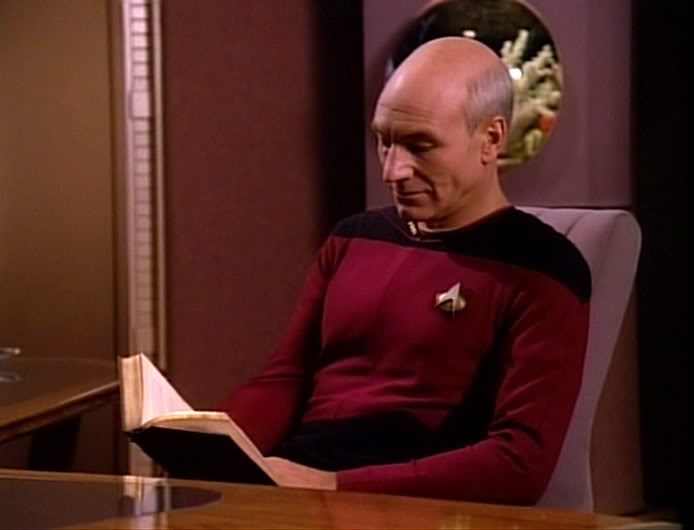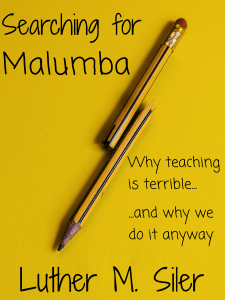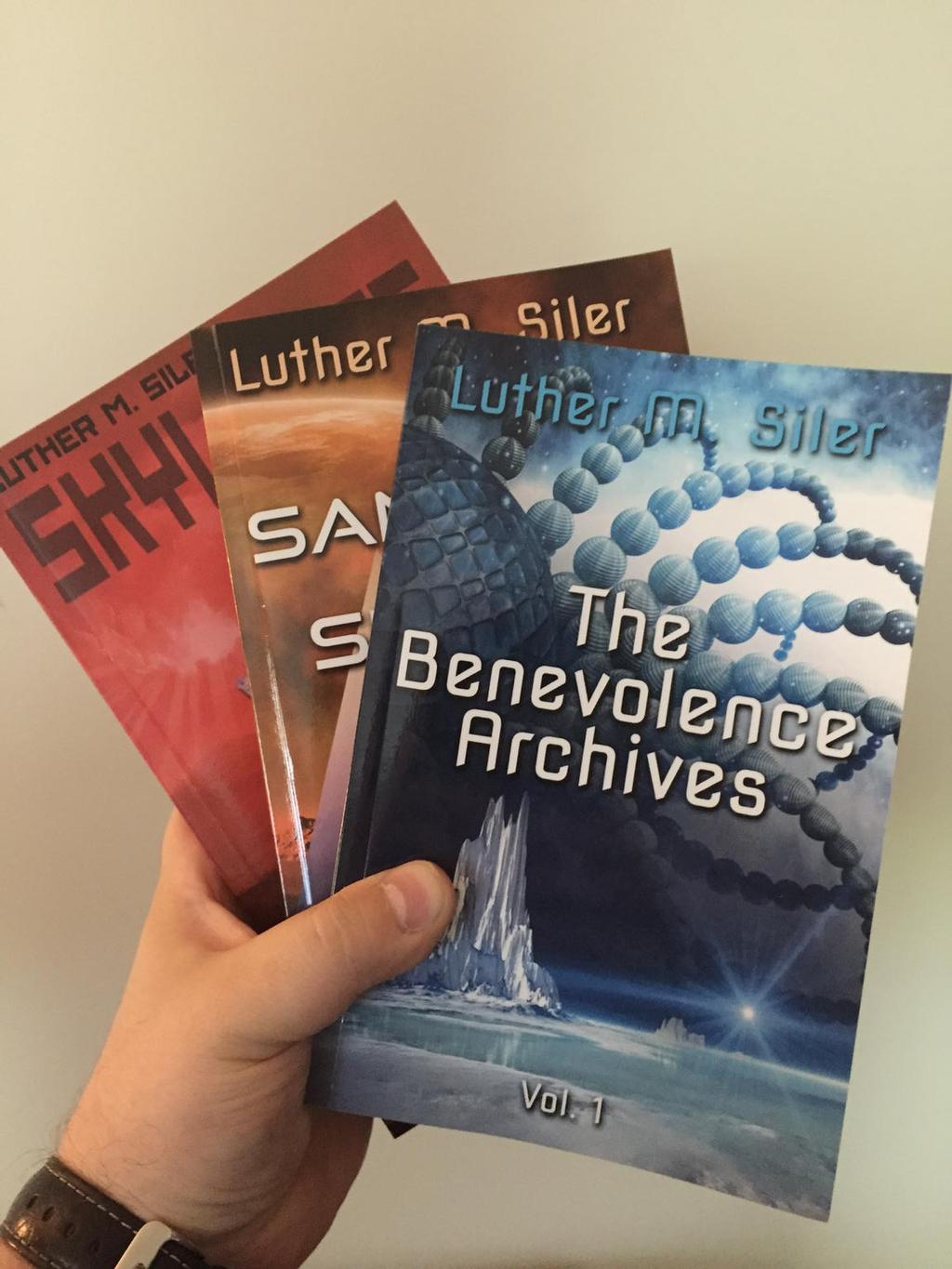Dudes the wedding still isn’t for FOUR HOURS. This day is too damn long.
One of the ongoing series of posts on my blog, Comparative Geeks, we call Science Fiction Today – where we take a current real-world issue, largely ignore its current real-world situation, and consider it from the future. From the perspective of science fiction. Some problems have some iconic Science Fiction solutions, some are more obscure, and sometimes we’re left asking if readers have some suggestions. Still, it rarely fails that an issue has been considered through the lens of the future: usually with both a positive outcome, and a negative.
In planning blog posts, at some point I left myself a note with the idea for “Science Fiction Today – Publishing.” I’m sure it made sense to me at the time, but looking back, I’m not sure I can think of a lot of examples that really change how we think about publishing. Why is that, you think?
Well, for one thing, most science fiction is printed, in books or in magazines (or for most of the classics, first in magazines and then books). In anthologies. In comic books. They’re printed, published, physical things. A lot of science fiction in other media is adaptations of these printed works, and the universes that aren’t – like your Star Wars and Star Trek – have huge book collections backing them up as well.
So for the writer, imagining the future, I could see how it would be hard to imagine their own role in a wildly different format or style. Because it also changes the role of your reader. Changes what the activity they might be doing is. It changes how they found or purchased or are consuming your book.
Still, there were examples – such as the tablet-looking pads that they read from in Star Trek. Not really far-off as a concept from e-readers of today, with the Cloud Library of today being the ship’s database of materials. Of course, Picard being old-fashioned and archaeology minded, he still read physical books too…

But counter-point to an example of a different format like that, there are plenty of examples where there are still physical books. Maybe the most vivid in my mind is Fahrenheit 451, and the “firemen” who burn books – something that would be incredibly difficult to do today. Or there’s the modern classic Doctor Who two-parter set in The Library, a whole planet that is a library. It has a database of all the books ever written, it’s true – but it also has physical copies.
When I was looking through post ideas, trying to think of what I could write to guest post here for Luther, I came across this post prompt and thought that this was a perfect one. Because self-published authors like Luther are changing the face, changing the future, of what publishing looks like – in ways that I think science fiction has still not caught up to.
On the one hand, you have this whole new world of digital books, many of which have never seen a print edition. You have digital copies of print books, competing with themselves in some respects. You have digital comics, with subscription services letting you read older comics as they get digitized. Amazon has a digital library too, of books that Prime subscribers can read for free. And plenty of self-published books are available for free – joining a great deal of writing going on for free online as well, like webcomics and fan fiction.
Other media are changing their output as well. Take movies – very few bigger-name movies are skipping their traditional home, movie theaters (one of the best examples being Luther’s beloved Snowpiercer). And increasingly, when we buy something on disc, we find ourselves getting Blu-Ray/DVD/Digital Copy packs – they’re covering all their bases. Rather than compete between the formats, charging to give you all of them. And things keep changing on the subscription availability model for movies and TV – the studios don’t want things to always be available to people.
Not really a lot of innovation and change there, and still not easy for just anyone to break into. No, if you want to see that in the video arts, something like YouTube is the place for that – a format that has completely left any idea of “publishing” behind, and has done away with a lot of the middle-men.
So really, not a good comparison to book publishing. No, that’s still its own thing, and the idea that everyone has a story inside of them seems not only to be true, but to be something that now anyone could potentially tap into. That their story could be written, be self-published, and even be read! And if not a full story, well, blogs and other sites have been taking a big chunk out of newspaper and magazine publishing.

Consumerism itself is changing through all of this, and so too might our science fiction ideas about consumerism. Maybe we might actually be moving in the direction of Star Trek, with its society without want – after all, they read books on a Kindle like we do. Or maybe we’ll just end up amassing more stuff than we know what to do with – like my growing collection of e-books I haven’t read. Either way, I’m having trouble thinking of what the final outcome might truly look like in a science-fiction story.
So with that, I open up the comments to you: what do you think the future of publishing looks like? How are we going to be reading – and being read – in the future? How will people find and find out about things to read? Let me know your thoughts in the comments below!
You can find David for the time being on Comparative Geeks (moving soon!), or on Twitter @CompGeeksDavid.


 I watch a lot of Hulu, right? Lately we’ve been binging all of Scrubs, which means that generally if the television is on in my house and there isn’t some sort of childrens’ programming on that’s probably what we’re watching. Hulu’s been promoing this program lately that appears to be about a fat old rich white guy who gets accused of rape.
I watch a lot of Hulu, right? Lately we’ve been binging all of Scrubs, which means that generally if the television is on in my house and there isn’t some sort of childrens’ programming on that’s probably what we’re watching. Hulu’s been promoing this program lately that appears to be about a fat old rich white guy who gets accused of rape.


 I got an email about their
I got an email about their 
